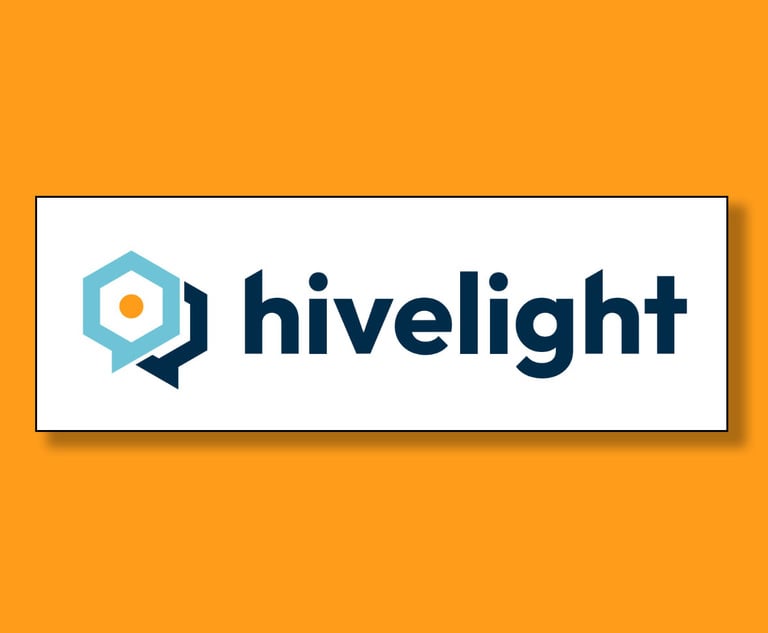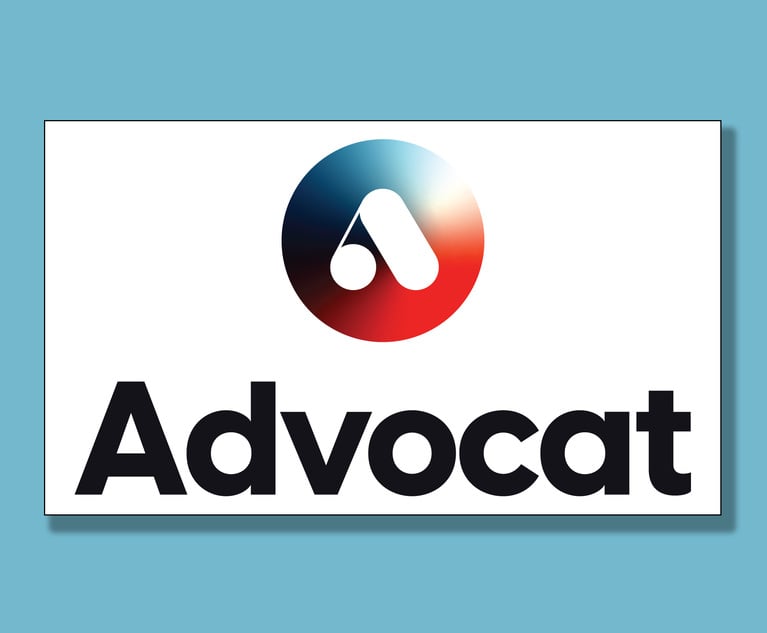More and more attorneys are choosing to chart their own career path and build a completely virtual practice. If you are considering a virtual practice or already enjoying the freedom of working from home in your PJ’s, here are three techniques to help win and work a case from start to finish—virtually.
Part 1: Win a Case with Virtual Help
Small-firm attorneys face many dilemmas. One that’s particularly difficult for solo and micro-firm lawyers is the demand for an instantaneous response from leads combined with the responsibility to get work done for existing clients. Leads demand you answer the phone, but interruptions kill productivity. Not to mention of the clients who do secure a consult with you, only 40% of them will retain your firm. Nearly 70% of potential clients say their “decision to hire” an attorney is most influenced by their responsiveness to their first call or email, but 60% won’t end up hiring you. The odds aren’t exactly stacked in solos’ favor.







